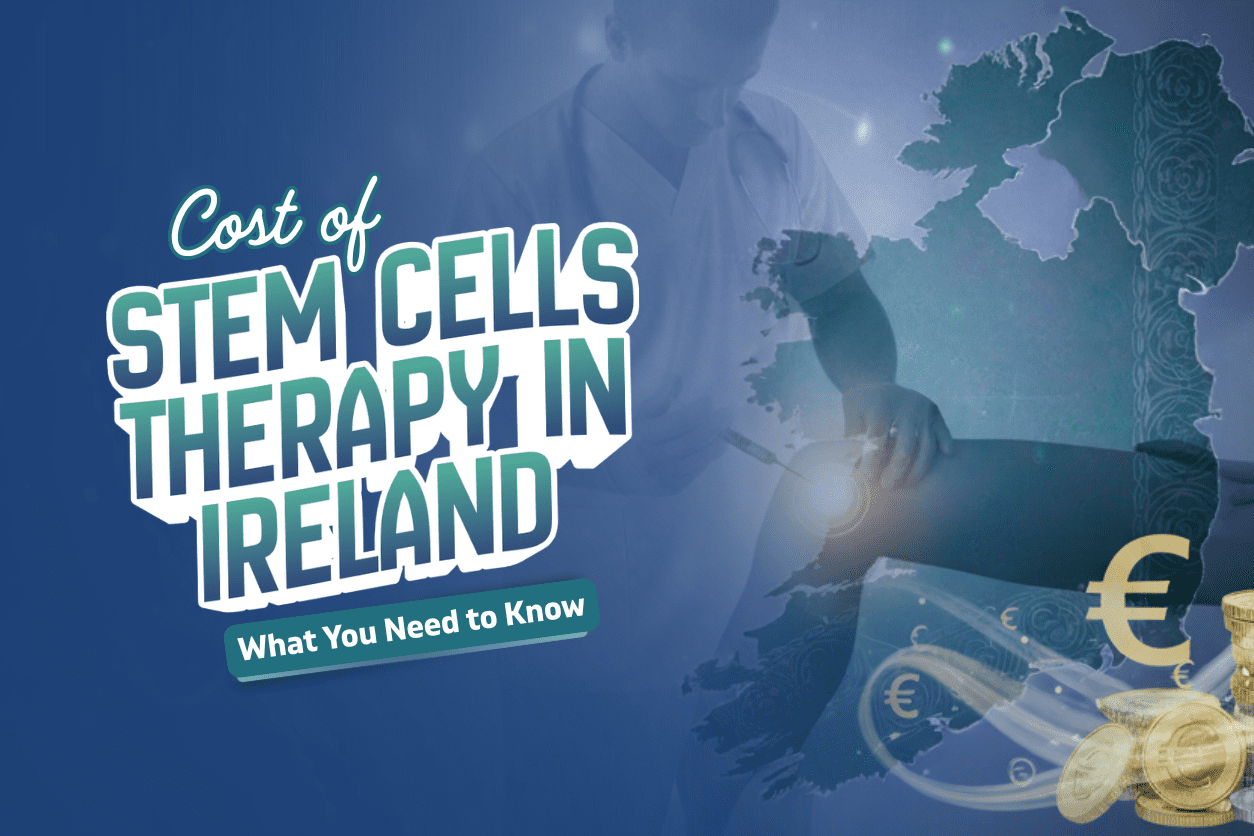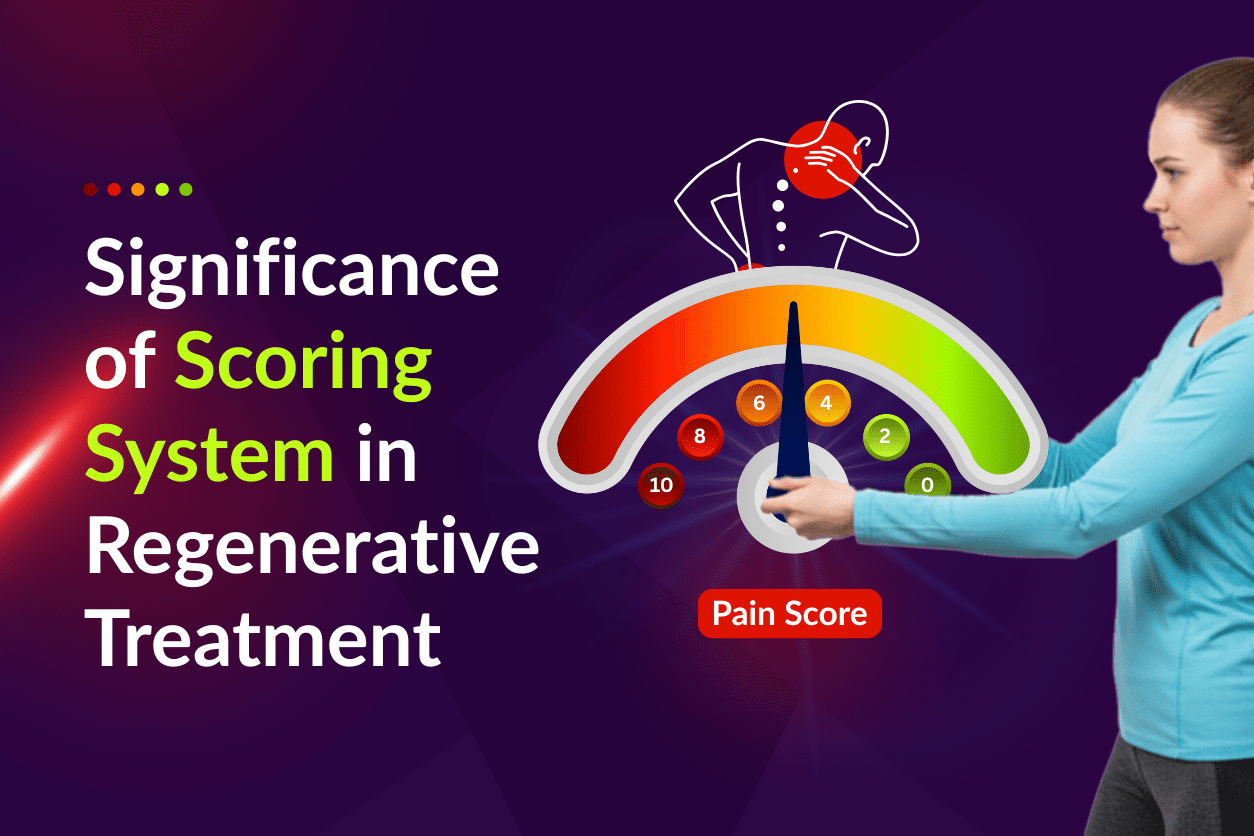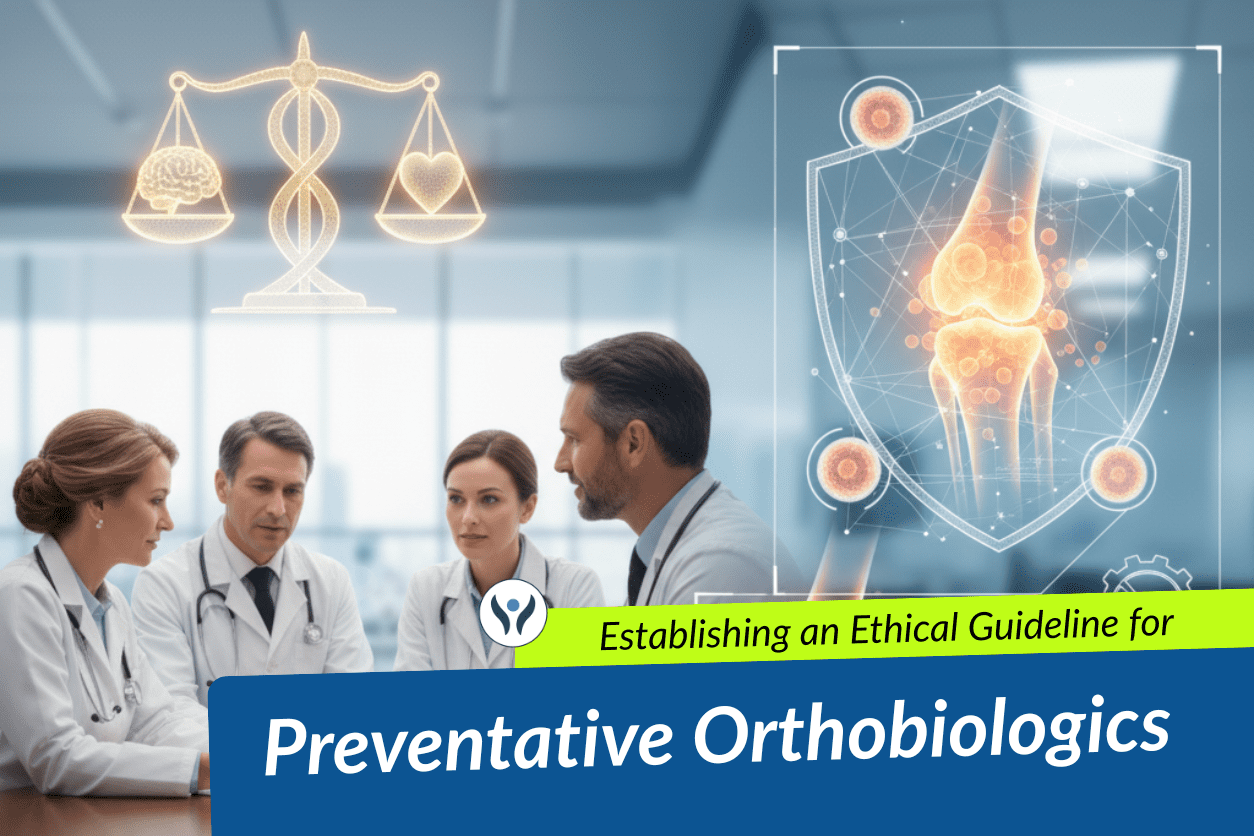
Stem cell therapy has become one of the most talked-about advances in modern regenerative medicine. From easing chronic joint pain...

Regenerative medicine repairs damaged tissues, generate new cartilage, reduce inflammation, and slow down joint degeneration. This all-inclusive approach not only reduces pain but also improves functionality, thereby contributing to the improvement of joint strength and overall well-being.
Research studies and meta-analyses involving regenerative treatment for knee osteoarthritis (OA) utilize multiple scoring systems to determine pain levels, functionality, and the treatment effect. This improved patient pain scores lead to improved functional outcomes, including extensive mobility and strength, allowing patients to start rotine activities and experience a better quality of life.
To determine the effect of regenerative therapy, multiple outcome measures are used. These include the Visual Analog Scale (VAS), Western Ontario and McMaster Universities Arthritis Index (WOMAC), Lysholm score, Knee Society Clinical Rating System (KSS), International Knee Documentation Committee (IKDC) score, and Knee Osteoarthritis Outcome Score (KOOS). These scoring systems provide a total determination of cartilage regeneration as well as clinical outcomes in arthritis patients.
The IKDC score is a biased scale used to evaluate the knee joint. Higher scores indicate enhanced symptoms, physical activities, and functions. Although there was no significant difference in IKDC scores between the stem cell group and the control group, changes in VAS and IKDC scores from baseline to 24 months were superior in the stem cell group. However, there were no statistical differences in the changing trend of other indicators, including IKDC scores at 6 and 12 months [1].
The Lysholm scale, designed for doctor’s administration, is meant for use in patients with meniscal and ACL injuries. It has also been considered as a patient-administered tool for measuring functionality and symptoms in various knee injuries. The scale consists of eight items and is scored from 0 to 100. The higher scores specify fewer symptoms and higher levels of functioning. A meta-analysis of two studies assessing the effect of synovial fluid mesenchymal stem cells in getting rid of disability symptoms showed a major effect, highlighting the effect of this treatment [2].
The VAS is a scoring scale that quantifies the intensity of pain in the knee. Lower scores indicate milder pain. A meta-analysis of three studies analyzing the efficacy of synovial fluid stem cells in reducing clinical pain in OA patients demonstrated a significant effect, emphasizing the role of regenerative medicine in pain management [2].
The KSS consists of a “Knee Score” section (7 items) and a “Functional Score” section (3 items). These both scores range from 0 to 100. The lowest score indicates worst knee conditions and the highest score indicate better conditions. The improvement of KSS was observed in both the intervention and control groups, even though there was no statistically major variation between the two groups [2].
The WOMAC subscale evaluates the structure, functionality, and stiffness of the knee. Lower scores indicate better knee conditions. The WOMAC consists of three subscales: pain (five questions), stiffness (two questions), and physical function (17 questions), with higher scores representing worse pain, stiffness, and functional limitations. The WOMAC score is a critical measure for evaluating the impact of regenerative therapies in osteoarthritis [2].
The KOOS evaluates short- and long-term patient-relevant outcomes subsequent to an injury. It includes the measure of five outcomes: pain, quality of life, symptoms, routine activities, and recreation function. The KOOS is user-friendly, self-administered, and takes around 10 minutes for assessment. Scores range from 0 to 100 where zero represents extreme knee problems and 100 represents absence of knee problems. After 12 months, KOOS scores improved significantly in both groups, with the intervention group showing better results on the KOOS pain subscale [2].
The combined use of these scoring systems provides a detailed picture of the effectiveness of regenerative treatments. Simultaneously, variables such as the Lysholm Score, Cartilage Volume, Size of Cartilage Defect, WOMAC Score, VAS, and KSS significantly impact the MRI Score for cartilage defects. These variables, whether single or combined, contribute to changes in MRI Scores for cartilage defects. Hence, it demonstrates the considerable effect of regenerative procedures on cartilage regeneration and patients’ outcomes [2].
Several other scoring systems are also used to evaluate pain and functionality:
Thus, regenerative medicine shows improvement in knee joint function and pain reduction in osteoarthritis patients. Various scoring systems, such as KOOS, IKDC, WOMAC, VAS, KSS, and Lysholm, are used to evaluate these improvements comprehensively. Additionally, other scores like MOAKS, LEAS, NPRS, WORMS, and PASS provide more insights into the effectiveness of these regenerative treatments. The combination of these measures helps in assessing the major impact of regenerative therapies on knee health and patient outcomes.

Stem cell therapy has become one of the most talked-about advances in modern regenerative medicine. From easing chronic joint pain...

Stem cell therapy has become one of the most talked-about advances in modern regenerative medicine. From easing chronic joint pain...

Regenerative medicine repairs damaged tissues, generate new cartilage, reduce inflammation, and slow down joint degeneration.

As practitioners in the field of high-level Interventional Orthobiologics (IO), we often face the dilemma of whether to treat patients...

Thank you {{_full_name}}!
We will be in contact with you shortly.